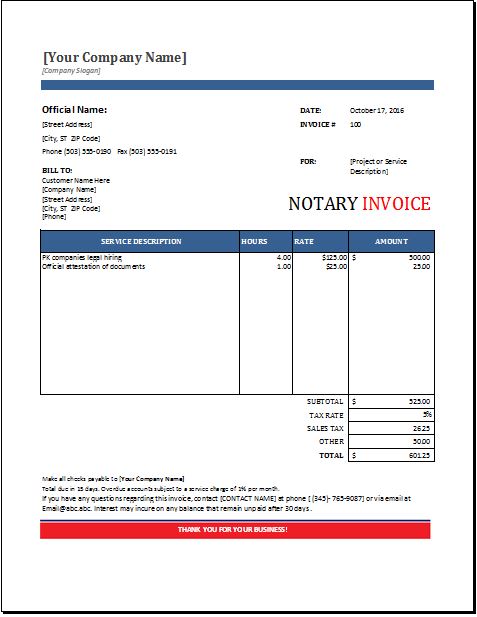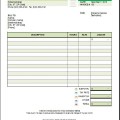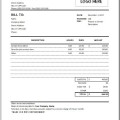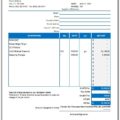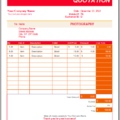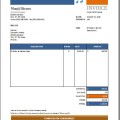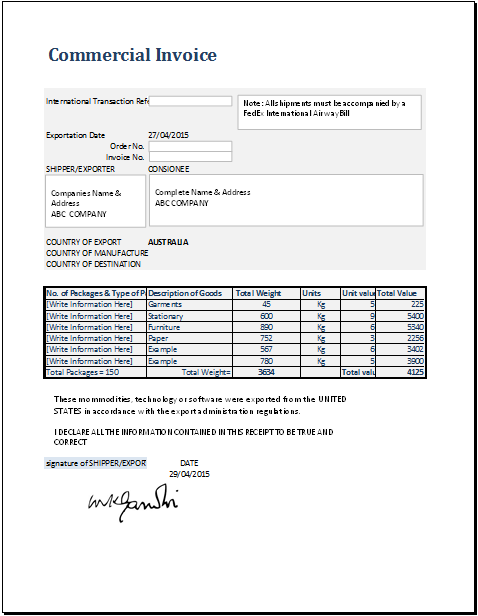We all carry documents such as property, degrees, wills, and deed and personal papers. We are living in an era of different techniques of fraud and misleading papers and signatures. This is where a notary can be helpful for us. A notary can save us from the risk of robbery or identity theft by witnessing signatures for us.
We often hear such statements in court that a person was forced to sign the documents and he was never willing to do so. Or a cheque has been signed under a threat to murder or getting shot. It might not be true under various circumstances. My business partner borrowed money from me and then he signs a cheque to pay me. But later he can call press charges against me claiming in the court that he was forced to do that. Now, such a situation leaves us not only with a loss of money but also time taking court hearings and spending more money on the solicitors.
Such situations can be avoided by the help of a notary. He is the witness for both the parties that they signed the agreement with their own willingness. A notary makes sure that both the parties have knowledge of what they are signing. The main service provided by a notary is to go through a series of verification and confirm the real identity of the respective person.
For some documents such as deeds, mortgages, living wills and power of attorney, the documents need to be attested by the notary.
An individual can be trained to perform these services. Or a few individuals can collectively form a small firm of notary publications. A notary invoice includes the details of the notary such as name, contact number, and address. The invoice will also include the same details for the client as well. The date on which the service is provided should be mentioned on the invoice. A client may be requiring more than one service. In that case, the detailed description of the work provided will be mentioned on the invoice along with the cost for each service.
Preview
File Type: MS Excel -Size: 156 KB
